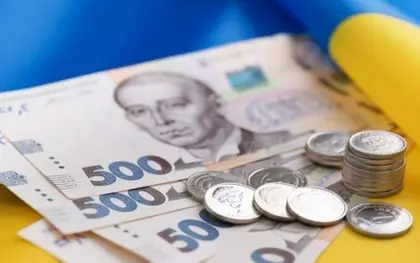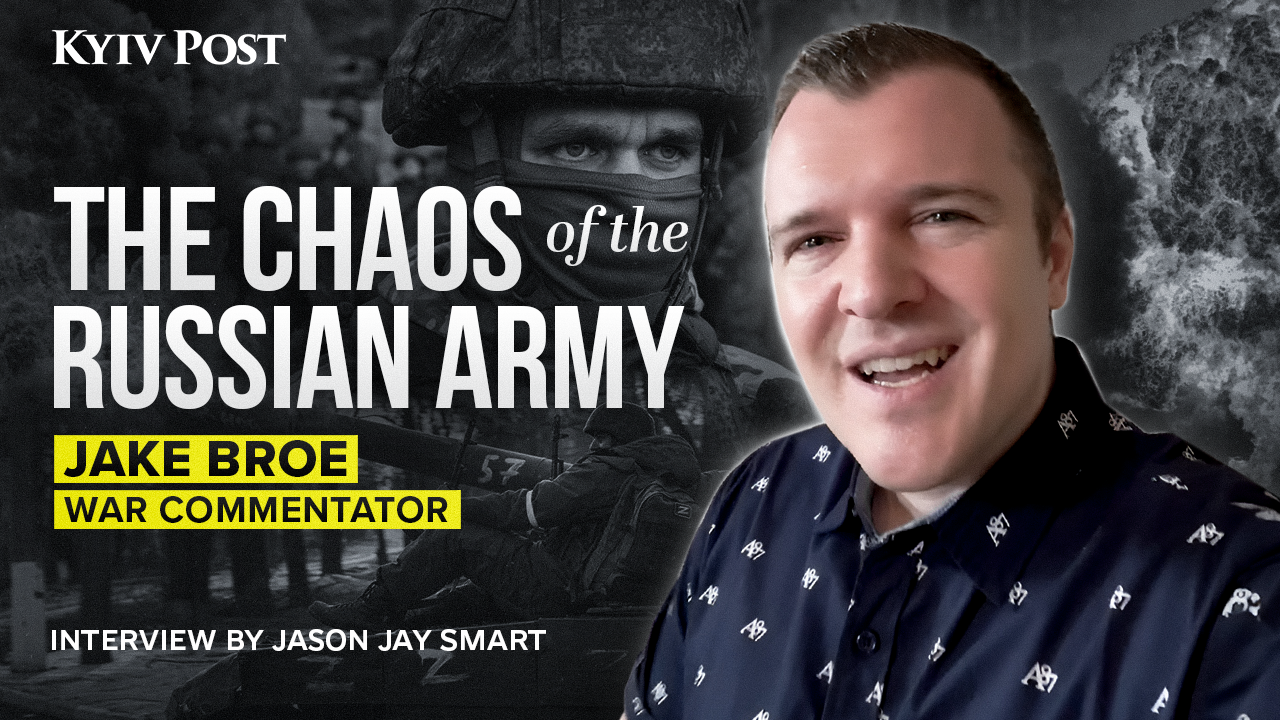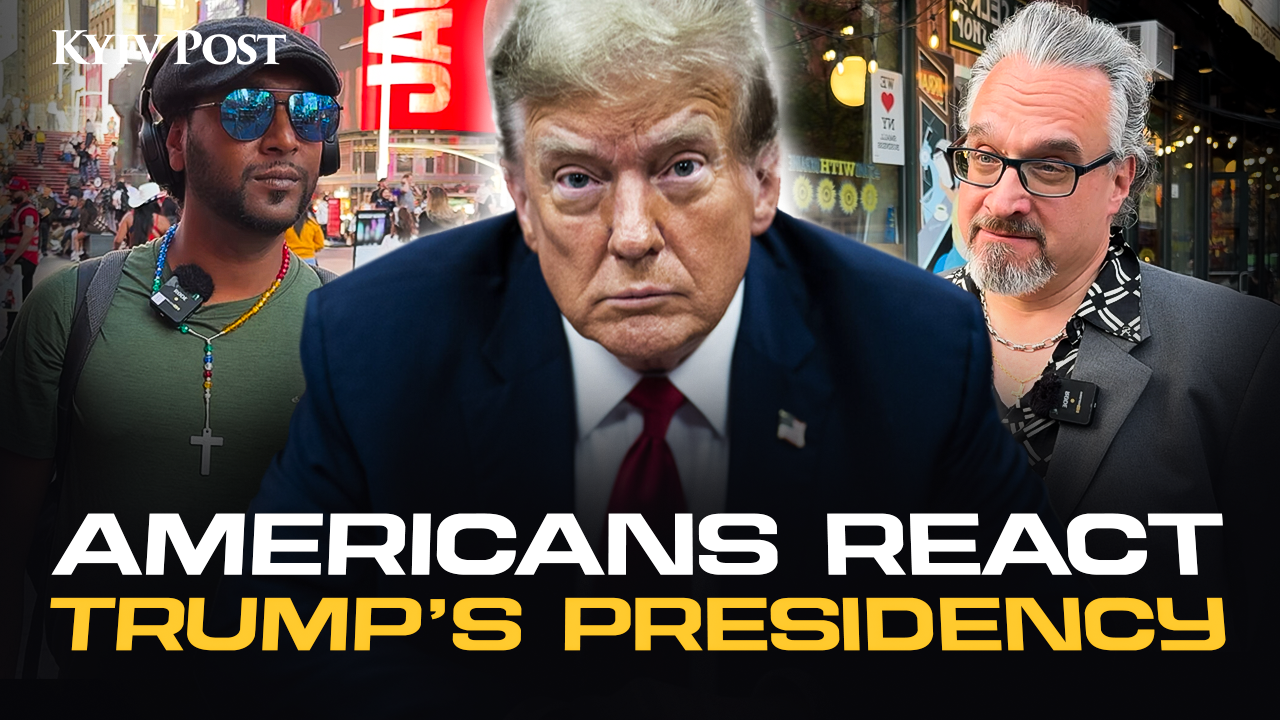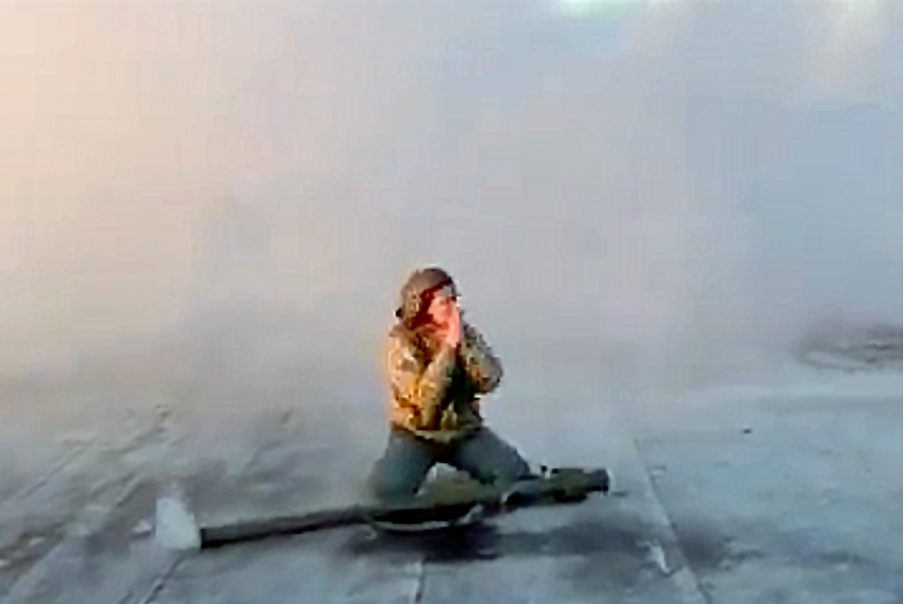Since Russia started its full-scale invasion of Ukraine, numerous investment conferences on Ukraine’s reconstruction have been held in various Western countries. They gather many Western and Ukrainian businessmen, Western and Ukrainian government officials, representatives of international financial institutions (IFIs), and lobbyists.
The enthusiasm for Ukraine is welcome, but a certain lack of realism is glaring. Everybody emphasizes the need to rely on the private sector. Government officials realize that the amounts needed are enormous and taxpayers are not likely to fund much of Ukraine’s reconstruction, and private businessmen appreciate the praise.
JOIN US ON TELEGRAM
Follow our coverage of the war on the @Kyivpost_official.
Yet Ukraine is unlikely to receive much private funding as long as the war lasts, because private businessmen are sensibly risk averse.
The obvious solution to Ukraine’s financial conundrum is the confiscation of about $280 billion of reserves of the Central Bank of Russia that has been frozen in the West.
Ukraine needs about $40 billion a year in international budget funding as long as the war lasts, and that funding can only come from foreign governments and IFIs. Foreign private investment is not absent but small and largely an expansion of existing facilities.
The obvious solution to Ukraine’s financial conundrum is the confiscation of about $280 billion of reserves of the Central Bank of Russia that has been frozen in the West, two-thirds of it in Euroclear in Belgium. Western countries should adopt legislation to jointly seize these funds and transfer them to Ukraine as war reparations in line with the UN General Assembly resolution of Nov. 14, 2022.

UWC President at URC 2024: Diaspora’s Involvement Is Key in Ukraine’s Rebuild
Fortunately, the United States is now pressing this case against quiet and incomprehensible resistance from Germany and France. The advocates of seizing these funds have already won the public debate. The West (G7) has to get this done.
Private enterprises
The next question is: what private enterprises? The standard narrative is that oligarchs are the main problem in the Ukrainian economy. I disagree.
The biggest hazard in the Ukrainian economy has all along been raiding by crooked businessmen with the help of the predatory Ukrainian state. Therefore, bad business practices have proliferated. Only “oligarchs” were strong enough to defend big companies against the predatory state.
Never have so few businessmen complained about the Ukrainian tax authorities as in the last two years.
Ukraine needs about $40 billion a year in international budget funding as long as the war lasts, and that funding can only come from foreign governments and IFIs. Foreign private investment is not absent but small and largely an expansion of existing facilities.
The obvious solution to Ukraine’s financial conundrum is the confiscation of about $280 billion of reserves of the Central Bank of Russia that has been frozen in the West, two-thirds of it in Euroclear in Belgium. Western countries should adopt legislation to jointly seize these funds and transfer them to Ukraine as war reparations in line with the UN General Assembly resolution of Nov. 14, 2022.
Fortunately, the United States is now pressing this case against quiet and incomprehensible resistance from Germany and France. The advocates of seizing these funds have already won the public debate. The West (G7) has to get this done.
Private enterprises
The next question is: what private enterprises? The standard narrative is that oligarchs are the main problem in the Ukrainian economy. I disagree.
The biggest hazard in the Ukrainian economy has all along been raiding by crooked businessmen with the help of the predatory Ukrainian state. Therefore, bad business practices have proliferated. Only “oligarchs” were strong enough to defend big companies against the predatory state.
Having served on two boards of directors of big Ukrainian companies, I have seen this at close quarters. The 3,000 state-owned companies have been the main source of corrupt revenues, and they have greatly benefited from cheap financing from state-owned banks.
A little-noticed change in the last few years is that both the state and the state-owned enterprises have greatly improved their behavior. Never have so few businessmen complained about the Ukrainian tax authorities as in the last two years. Since 2016, the corporate governance reforms in the big state-owned companies are progressing, and improvements are palpable, notably in Ukrenergo and the state-owned banks.
In the last three years, Ukraine’s big businessmen have been hit by one big blow after the other.
First, in September 2021, Ukraine’s parliament, the Verkhovna Rada, adopted the law “On the Prevention of Threats to National Security Related to the Excessive Influence of Persons who have Significant Economic or Political Weight in Public Life (Oligarchs).” In essence, it forced the big businessmen to give up control of their television channels to the state.
Second, Ukraine’s main businessmen have all suffered badly during the war. Their large companies in the East in steel, mining, energy or chemicals have been bombed or occupied.
Third, most of Ukraine’s biggest businessmen have fled the country.
Fourth, many big enterprises have been taken over by the state for not very clear reasons.
Numerous big businessmen have fled to Russia. Viktor Medvedchuk, who was exchanged as a friend to Putin, stands out, but most of the Yanukovych crew escaped to Russia – or Monaco.
Another prominent group is accused of economic crimes in Ukraine, typically having looted their banks. They have gone to London, Vienna or Dubai.
A third group is close to the presidential office and has benefited in the old ways by looting state enterprises and through share dilution. Only one of these people appears to have been arrested.
Finally, several of Ukraine’s big businessmen have stood up for Ukraine. They have continued to work and invest in the country in the midst of the war, and they have donated substantially to the Armed Forces of Ukrainian. I refrain from naming who is who to avoid libel suits, but I guess many readers understand.
The businessmen accused of cooperation with Russia and economic crimes have had many companies taken over by the state, which usually means worse governance and more corruption. In some cases, the accusations are arms deliveries to Russia, but in others the reasons are vague, while the executive actions are severe.
The Ukrainian government needs to clarify what is impermissible, like delivering arms to Russia. But some Ukrainian companies that had activities in Russia could not avoid paying taxes there. Clear limits must be set for when they have to get out of Russia.
With the exception of a few businessmen close to the current Office of the President, Ukraine’s oligarch problem is over. The lingering problem is the scarcity of serious big Ukrainian businessmen.
Several big businessmen have behaved as true patriots. Their deeds should be recognized by both the Ukrainian government and the IFIs. Yet, most of these people are considered “PEPs” (politically exposed persons) by the IFIs, but they are no longer close to the presidential office and should not be precluded from IFI financing. A positive aspect of the Ukrainian oligarch law is that it outlines a way for big businessmen to “graduate” to decency. It might be time to pass such judgments.
With the exception of a few businessmen close to the current Office of the President, Ukraine’s oligarch problem is over. The lingering problem is the scarcity of serious big Ukrainian businessmen. When I sat on the board of the Ukrainian State Railways, I noticed that only three of the big Ukrainian enterprise groups had impressive managers. One of them has now been taken over by the government as Russian-owned. Good managers are scarce in Ukraine, and its best managers should be promoted.
We all encourage small and medium-sized enterprises, and many are happy to finance them, but Ukraine has also plenty of big, heavy industry. They are sustainable but they need a lot of financing to survive. Who shall finance such enterprises? Ukraine has only one large Western-owned enterprise, ArcelorMittal. Big foreign companies will not invest in Ukraine unless they see serious Ukrainian businessmen doing so.
Western governments and IFIs need to consider how and under what conditions to finance large Ukrainian-owned enterprises. To leave this sector empty, state-owned and thus inefficient, or reserved for foreign companies would be inappropriate and wasteful. Either option will in due time cause resentment in Ukraine. The West needs to decide how it can support large private enterprises in Ukraine.
Anders Åslund is the author of “Russia’s Crony Capitalism: The Path from Market Economy to Kleptocracy.”
The views expressed in this opinion article are the author’s and not necessarily those of Kyiv Post.
You can also highlight the text and press Ctrl + Enter









